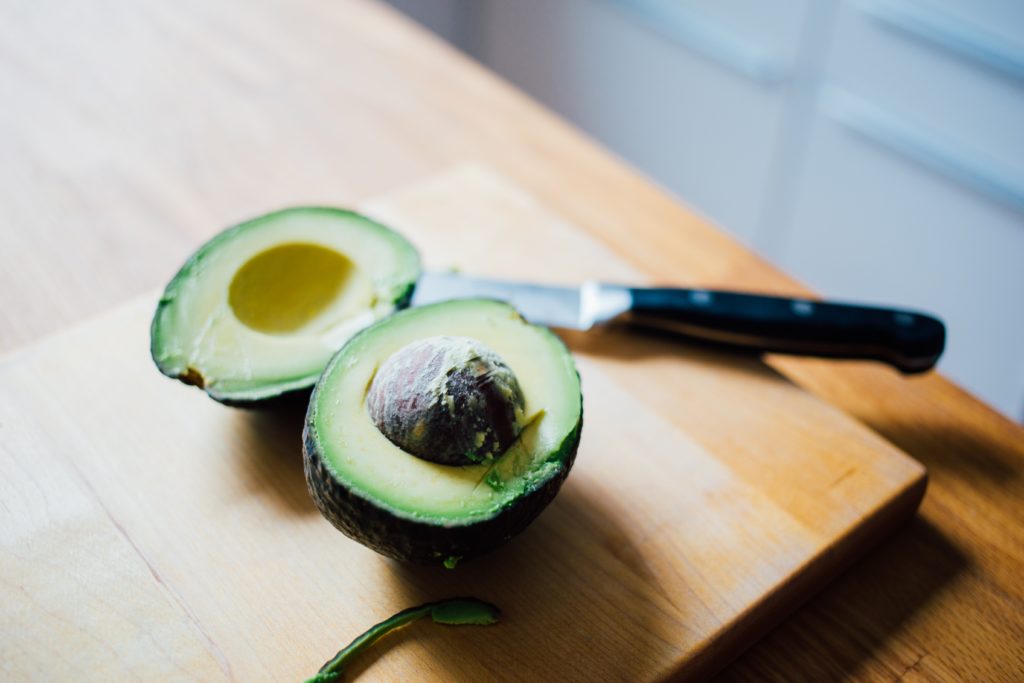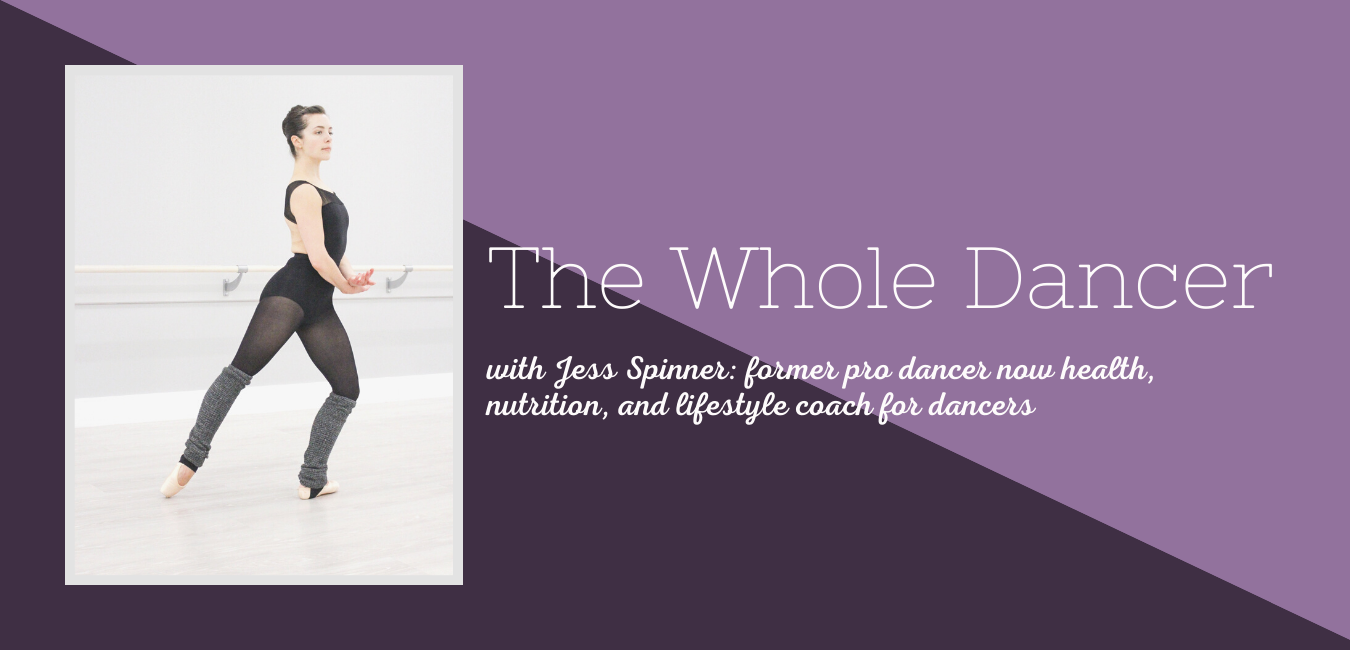The Missing Macro
Say “yes” to dietary fat.
Protein, carbohydrates, and fat are essential macronutrients. Your body needs them (all of them) to function. Even with the popularity of higher protein and fat diets, dancers tend to be somewhat fat-phobic.
While this is purely anecdotal, my experience adding healthy fats to my diet was transformational. For a long time, I thought low fat was the way to go. At 13, I created the silly rule that I couldn’t eat anything with more than 3 grams of fat.
This was the plan I stuck to for years until finally some diets started touting the benefits of healthy fats. When I started eating healthy fat consistently, that’s when my personal best dancer body revealed itself.
The dancers I work with have seen a similar physical response to adjusting their macronutrient intake to include more healthy fats.
Evaluate your current meals.
When you think about your usual daily meal plan, assess whether there’s a focus on one macronutrient over another — specifically, if you’re avoiding fat. Some dancers get caught up in the numbers and fear that since fat has more calories per gram, it will make you fat.
It’s definitely not that simple, but we don’t have to overcomplicate things either.
Eating fat will help you feel more satisfied.
When you look at calorie equations and body goals — which, in general, dancers can ignore — the potential for increased calories from more healthy fats might be scary to you.

Rather than getting caught up in that thinking, consider this: when you eat more healthy fat, you’ll be more satisfied by your meals. When you also tune into your body and it’s hunger + fullness cues, you’ll likely end up eating less overall.
All meal plan changes should be gradual.
If you think you’re lacking in healthy fats, make small adjustments so you can really observe how your body reacts.
Here’s an example: if you eat oatmeal with banana and 1 tbsp. of nut butter for breakfast, try adding an additional tbsp. of nut butter and cutting the oats by 1/4. If you don’t measure your oatmeal, that’s fine too. Add the fat, eyeball the oats as usual, and pay close attention to your levels of satisfaction as you’re eating.
Stick to just that one change for 2 weeks. Notice how you feel as far as energy, satisfaction, and digestion. Maybe, depending on the outcome, you’ll try a similar adjustment with lunch. Again, stick to that additional shift for a couple of weeks before you evaluate.
Quality fuel is key.
All the time, dancers tell me suggestions they’ve heard about limiting certain foods. Usually, it’s dietary fat that is demonized. People are so wary of the caloric density that they ignore the quality of the fats in question.
Healthy fats include monounsaturated fats (among the healthiest) and polyunsaturated fats.
Eating lots of dietary fat from unhealthy sources like processed, packaged foods is likely to have a negative impact on your body goals. The unhealthy fats include trans fats and saturated fats. However, some saturated fat is OK — nutrition science has gone back and forth on this, likely one more reason to acknowledge that everyone’s body reacts differently to food.
When you eat more healthy whole food fat sources, especially those that also contain fiber, you’ll likely feel satiated for longer. Add plant foods for healthy fat (which all include fiber) like nuts, nut butters, hemp seeds, flax seeds, and avocados.
As far as oil, some of the healthiest oils include olive oil, avocado oil, and coconut oil (even though it is high in saturated fat). Oils could comprise their own post, but keep it simple and stick to those highest in anti-inflammatory omega-3s and avoid those with a high omega-6 content (e.g.,. corn oil, soybean oil, sunflower oil, etc.).
As there is no “one size fits all” for serving sizes, some will do better with more fat while others will do better with less. There’s also no one meal plan that works for everyone.
Become an expert on your body.
To reach your body goals healthfully and sustainably, you have to become an expert on your body. This takes time, experimentation, and often support from a Health + Nutrition Coach, Nutritionist or Dietitian.
Find the person whose approach resonates with you, and start the process of figuring out the best eating style and complimentary lifestyle for you.

Pingback:The Importance of Nutrition for Dancers - The Whole Dancer
Pingback:5 Questions to Ask if You Want to Change Your Body For Dance - The Whole Dancer